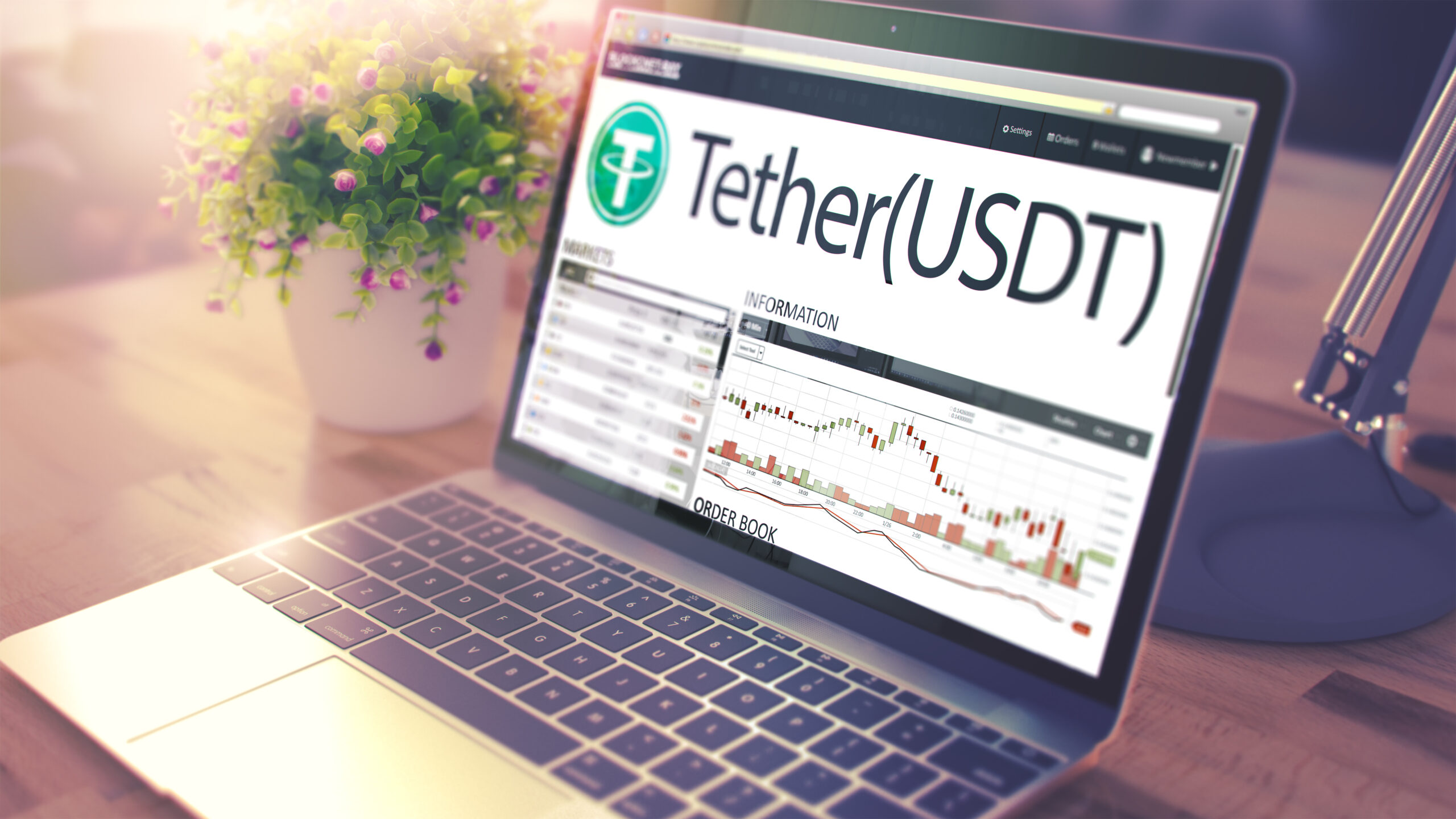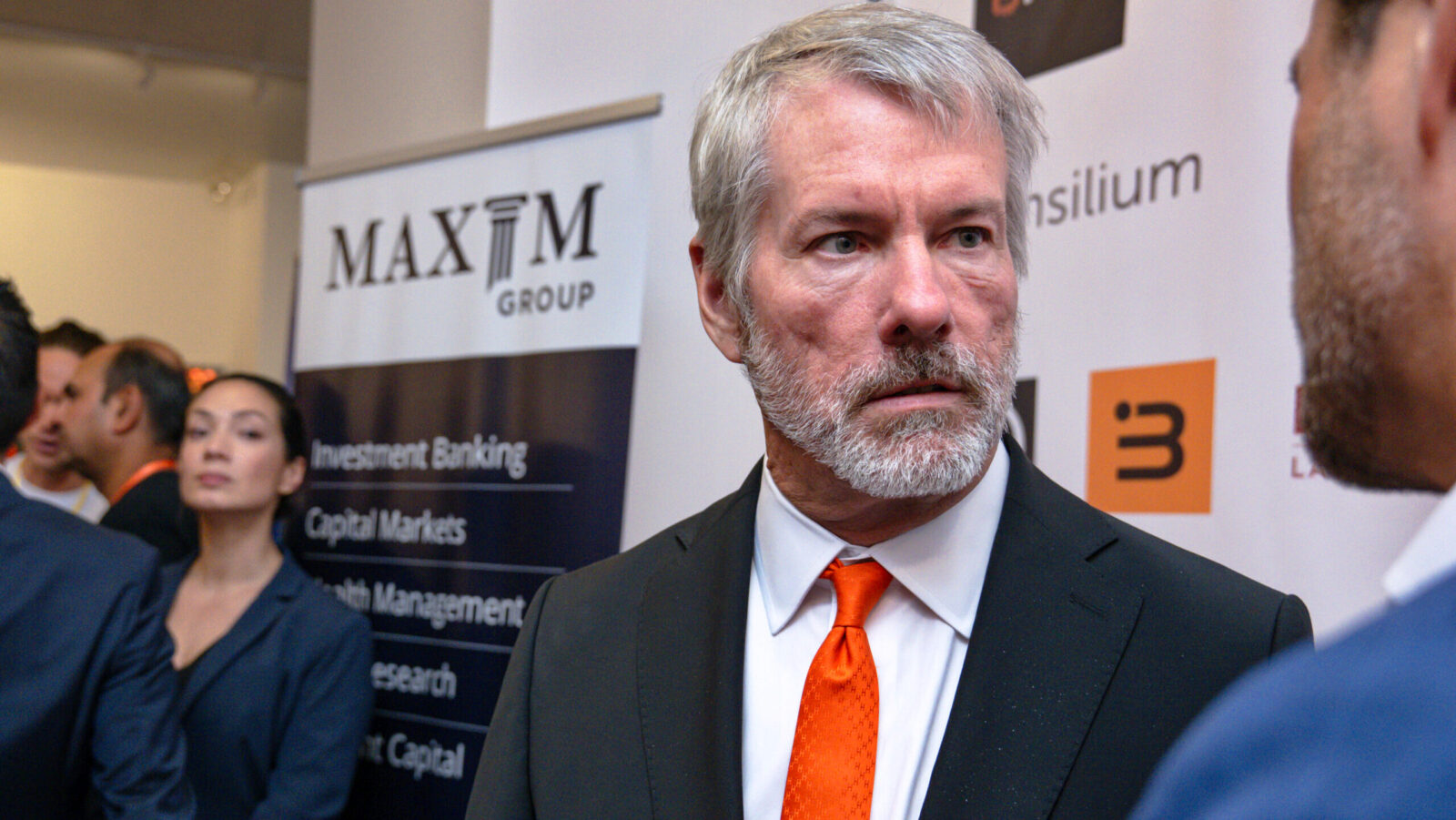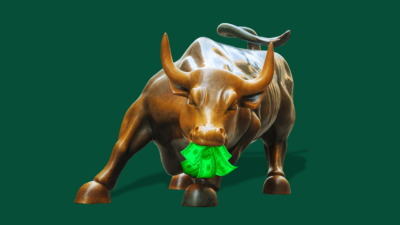Tether Poised to Join Ranks of World’s Most Valuable Private Companies
A $500 billion valuation would put Tether on par with OpenAI and SpaceX — not to mention dwarfing its next closest direct rival, Circle.

Sign up for smart news, insights, and analysis on the biggest financial stories of the day.
As cryptos including ether, solana and XRP slide this week, stablecoin issuer Tether is teeing up a major fundraising round, counting on investors’ continued faith in the space.
Tether is seeking up to $20 billion in a new fundraising round, Bloomberg reported this week, which would push its valuation to $500 billion and make the stablecoin issuer one of the world’s most valuable private companies. CEO Paolo Ardoino later confirmed the company is in talks with investors, saying the raise would boost Tether’s business by “several orders of magnitude,” without providing any specific numbers.
Playing Stablecoin Hockey
A $500 billion valuation would put Tether on par with OpenAI and SpaceX — not to mention dwarfing its next closest direct rival. The second-biggest stablecoin issuer behind Tether, Circle, was worth about $30 billion as of yesterday afternoon.
Stablecoins, which tie their value to another asset (typically the US dollar, like Tether does), have grown in popularity because investors and financial institutions view them as a safer entry point into the often-volatile crypto space. They’re seen as a bridge between traditional and digital assets that can make financial transactions faster and cheaper. Tether dominates the space:
- Tether has about $170 billion worth of its USDT coin in circulation, commanding about 56% of total stablecoin supply, compared with Circle’s 25%. Nearly 500 million people use USDT. Tether made a $4.9 billion profit in the most recent quarter, mainly from interest earned on US Treasuries that back its stablecoin.
- Tether’s prepping a bigger push into the US as it grows, and as the US under President Trump opens its arms to crypto. Tether appointed a new CEO to its US biz and introduced a stablecoin called USA₮, regulated under the recently enacted Genius Act. Meanwhile, the stablecoin company stopped minting a similar token in the EU as it faced a not-so-friendly regulatory environment across the pond.
Reputation Repairs: Crypto’s success hinges on investors’ trust, and this week, investors have been backing out of positions in several of the biggest coins. Ether, whose blockchain is home to most USDT, has seen its value fall about 7% this week. Stablecoins are designed to be less volatile than other crypto tokens (ahem, fartcoin), and mass adoption means maintaining that rep. However, they’ve been side-eyed in the past: Tether was fined nearly $43 million in 2021 by the Commodity Futures Trading Commission for misrepresenting the backing of its token, and regulators have looked into how USDT is used in crypto crimes.











